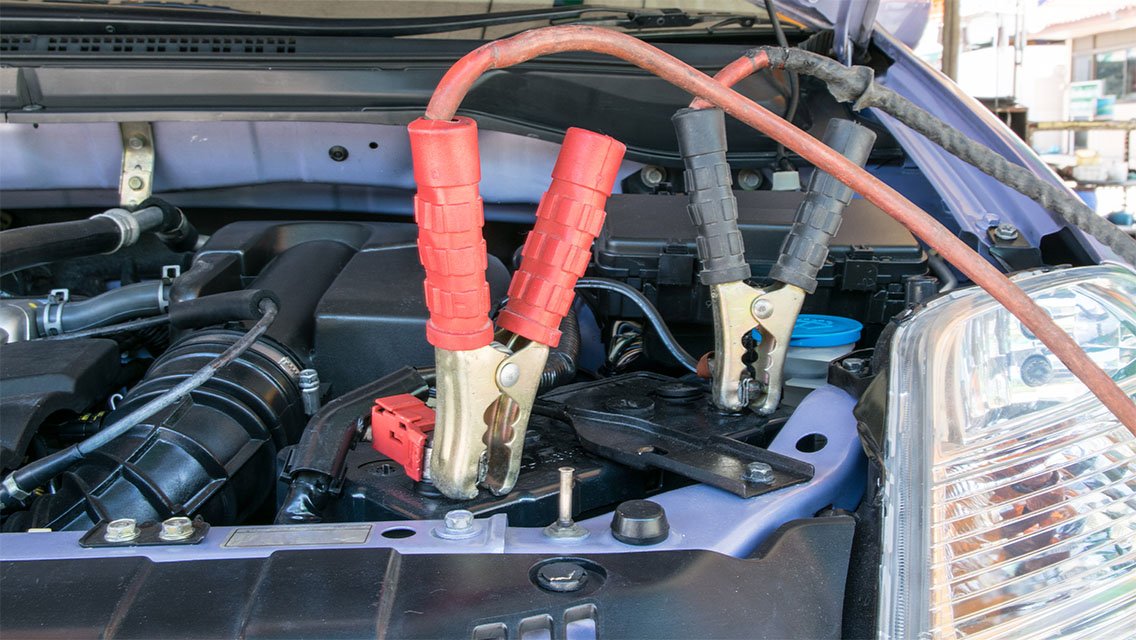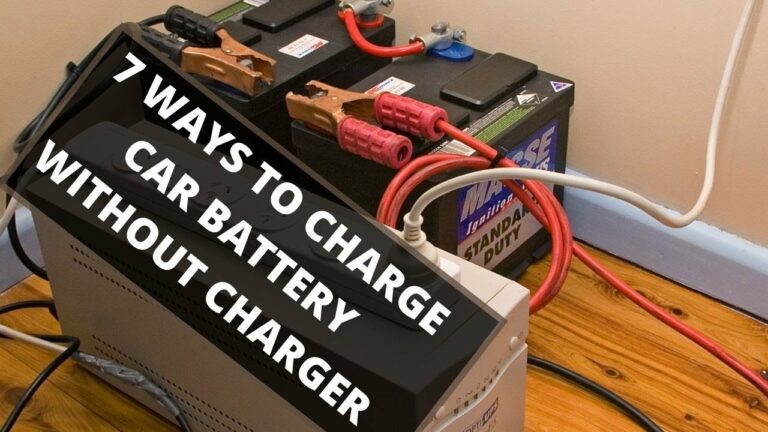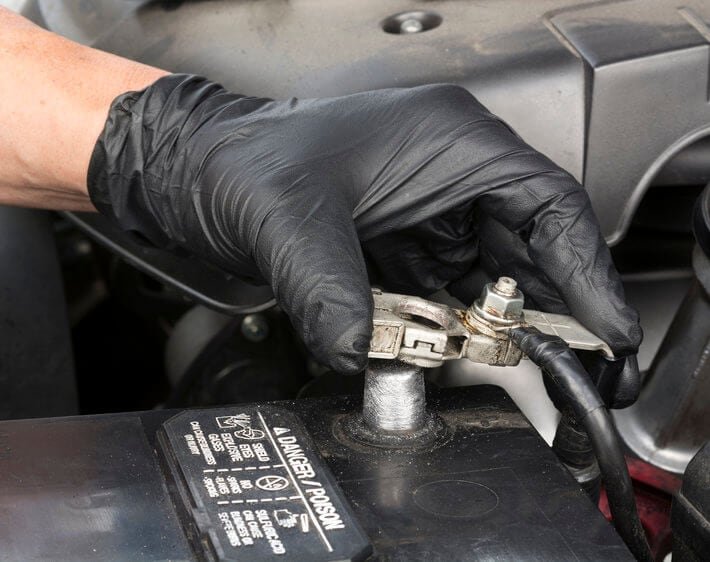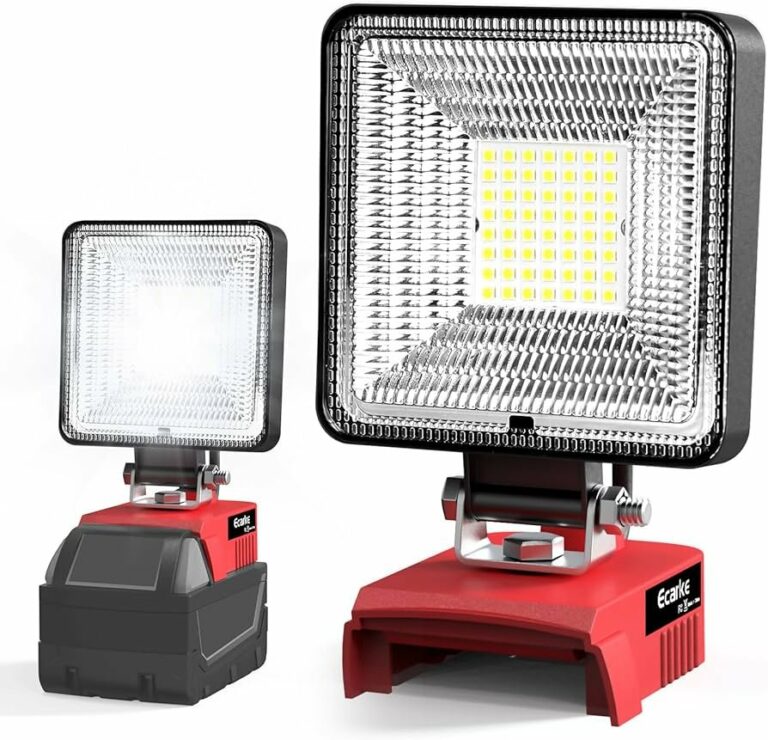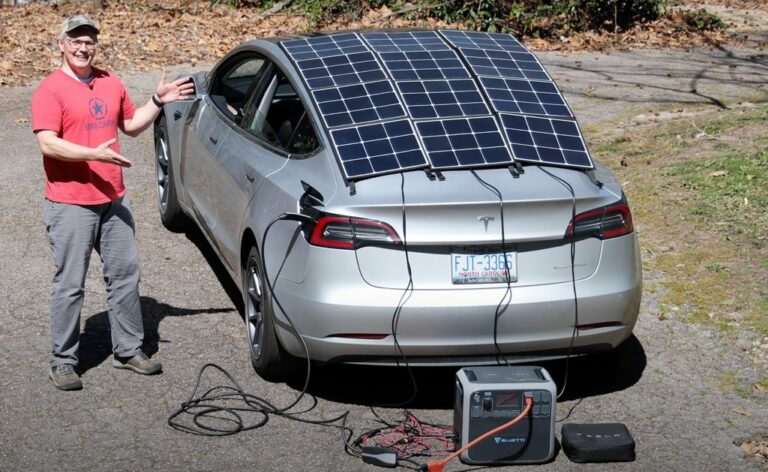Effective Tips To Prevent Car Battery Power Loss Overnight
Worried about your car battery losing power overnight? Well, here’s the solution you’ve been seeking! Preventing your car battery from draining overnight is crucial for avoiding those frustrating mornings when your vehicle won’t start. In this blog article, we will walk you through some simple yet effective tips to ensure your car battery remains charged and ready to go. So, let’s dive in and explore how to prevent car battery from losing power overnight.
How to Prevent Car Battery from Losing Power Overnight?
Introduction
Having a reliable car battery is crucial to ensure your vehicle starts smoothly every time you turn the key. However, there may be instances when you find your car battery losing power overnight, leaving you stranded and frustrated. But fear not! In this comprehensive guide, we’ll explore various methods and strategies to prevent your car battery from losing power overnight. By implementing these tips, you can minimize the risk of waking up to a dead battery and enjoy hassle-free starts every day.
1. Regularly Inspect and Maintain Your Battery
To prevent unexpected battery draining issues, it’s essential to inspect and maintain your car battery regularly. Follow these steps:
a) Check for Corrosion
Inspect the battery terminals and cables for any signs of corrosion. Corrosion can hinder the flow of electricity and cause power loss. If you notice corrosion, clean the terminals using a mixture of baking soda and water and a wire brush.
b) Ensure Proper Connections
Make sure the battery cables are securely connected to the terminals. Loose connections can lead to power loss and battery drain.
c) Check Battery Fluid Levels
Inspect the battery fluid levels and ensure they are within the appropriate range. Low levels can affect battery performance. If needed, top up the battery with distilled water.
d) Clean the Battery Tray
Remove the battery from its tray and clean the tray thoroughly. Dirt and debris can cause the battery to lose charge faster.
2. Avoid Leaving Electronics On
Leaving electronics, such as headlights, interior lights, or the radio, on overnight can drain your car battery significantly. To prevent this from happening:
a) Turn Off Headlights
Make it a habit to turn off the headlights before exiting your vehicle, even during the day. Leaving them on can quickly drain the battery.
b) Double-Check Interior Lights
Ensure all interior lights are turned off when exiting the vehicle. It’s easy to overlook these lights, but they can slowly drain your battery overnight.
c) Disconnect Auxiliary Devices
If you have any auxiliary devices plugged into your car’s power outlets, such as phone chargers or dash cameras, unplug them before turning off the engine.
3. Avoid Extended Idle Time
Leaving your car idling for extended periods can cause the battery to lose charge. Here’s what you can do to minimize idle time:
a) Limit Warm-Up Time
Modern cars don’t require extensive warm-up periods before driving. Limit the warm-up time to a few minutes to conserve battery power.
b) Avoid Extended Stops
If you need to take a break during a long drive, turn off the engine instead of leaving it idling. This simple step can save valuable battery power.
c) Consider Using a Battery Charger
If your car tends to have extended idle periods, such as when parked for an extended vacation, use a battery charger to keep the battery charged.
4. Keep Your Battery Clean and Protected
A clean and protected battery is more likely to hold a charge effectively. Follow these guidelines:
a) Shield from Extreme Temperatures
Extreme heat or cold can affect battery performance. Park your vehicle in a garage or shaded area to shield it from direct sunlight or harsh winter conditions.
b) Insulate the Battery
In extremely cold climates, insulating the battery with a battery blanket or insulating sleeve can help maintain optimal operating temperatures.
c) Regularly Clean the Battery
Dirt and grime can cause battery discharge. Clean the battery regularly using a battery cleaning solution and a soft brush to remove any debris.
5. Test and Replace Your Battery When Necessary
Even with regular maintenance, batteries eventually wear out. Keep an eye out for these signs indicating a failing battery:
a) Dimming Headlights
If your headlights appear noticeably dimmer than usual, it could be a sign of a weak battery.
b) Slow Engine Crank
If your engine cranks slowly or takes longer than usual to start, it may be a sign that your battery is losing its charge-holding capacity.
c) Frequent Jump Starts
If you find yourself requiring jump starts more frequently, it’s a clear indication that your battery needs replacement.
d) Age of the Battery
Consider the age of your battery. Most car batteries last between 3 to 5 years, so if your battery is nearing the end of its lifespan, it’s wise to proactively replace it.
6. Invest in a Battery Tend
A battery tend or maintainer can be a valuable investment to prevent battery drain. Here’s how it works:
a) Continuous Charging
A battery tender provides a low-level charge to your battery, keeping it at optimal levels without overcharging.
b) Long-Term Storage
If you plan on storing your vehicle for an extended period, connect a battery tender to ensure your battery remains charged.
c) Easy to Use
Battery tenders are user-friendly and typically come with detailed instructions. Simply connect it to your battery and let it work its magic.
7. Consider Upgrading to an AGM Battery
AGM (Absorbent Glass Mat) batteries offer several advantages over traditional flooded batteries. Consider upgrading to an AGM battery for enhanced battery life and minimal power loss.
a) Vibration Resistance
AGM batteries are more resistant to vibration, making them ideal for vehicles with rough or bumpy rides.
b) Leak-Proof
Unlike flooded batteries, AGM batteries are leak-proof, minimizing the risk of acid spills and damage to your vehicle.
c) Deep Cycling Efficiency
AGM batteries are more efficient in deep cycling applications, making them suitable for vehicles with high power demands.
d) Enhanced Lifespan
AGM batteries tend to have a longer lifespan compared to traditional flooded batteries, providing reliable power for a more extended period.
8. Check for Electrical System Issues
If you’ve followed all the preventive measures and still experience battery drain, it might be time to inspect your electrical system for any underlying issues. Consider the following:
a) Faulty Alternator
A faulty alternator can cause your battery to drain overnight. Have a professional inspect and replace the alternator if necessary.
b) Parasitic Drain
Parasitic drains occur when there is a continuous draw of power even when the vehicle is turned off. Have a mechanic diagnose and repair any parasitic drains to prevent battery loss.
c) Faulty Electrical Components
Malfunctioning electrical components, such as a faulty power window switch or a stuck relay, can cause power drains. Have these components inspected and repaired.
9. Opt for Regular Driving
Regular driving allows your car’s alternator to charge the battery. Follow these tips to ensure effective charging:
a) Longer Drives
Short trips may not provide enough time for the alternator to fully charge the battery. Whenever possible, opt for longer drives to give the battery ample charging time.
b) Plan Routinely Drives
If your vehicle remains idle for extended periods, plan routine drives to keep the battery charged. This is particularly important for vehicles that are not used frequently.
10. Emergency Preparedness
Lastly, it’s always a good idea to be prepared for unforeseen battery-related emergencies. Here’s what you can do:
a) Carry Jumper Cables
Keep a set of jumper cables in your vehicle at all times. This way, if your battery unexpectedly loses power, you can seek assistance from others.
b) Portable Jump Starter
Invest in a portable jump starter for added peace of mind. These compact devices allow you to jump-start your vehicle without the need for another vehicle.
c) Roadside Assistance Coverage
Consider purchasing roadside assistance coverage. This can provide help in case of a dead battery, ensuring you’re never stranded.
By implementing these tips and strategies, you can significantly reduce the chances of waking up to a dead car battery. Regular maintenance, awareness of power-draining factors, and being prepared for emergencies will help you keep your battery in optimal condition. Remember, a well-maintained battery means stress-free starts and a more reliable vehicle.
Car Battery Drains Overnight Or After Days Of No Use! PARASITIC DRAIN
Frequently Asked Questions
How can I prevent my car battery from losing power overnight?
1. Turn off all electrical components: Make sure that all lights, fans, radios, and other electrical components are turned off before you leave your car. Even a small drain can eventually drain the battery completely.
2. Check for any faulty electrical systems: Faulty electrical systems like a malfunctioning alarm or a stuck relay can continue to draw power from the battery, even when the car is not in use. Have these systems checked and repaired by a professional.
3. Ensure proper battery maintenance: Regularly inspect and clean the battery terminals to remove any corrosion. Additionally, keep the battery securely fastened and make sure it is not loose, as vibrations can cause power loss.
4. Consider using a battery tender: If you don’t plan on using your car for an extended period, consider investing in a battery tender. This device will keep your battery charged without overcharging it, ensuring it has enough power when you need it.
5. Avoid extreme temperatures: Extreme hot or cold temperatures can affect the performance and lifespan of your battery. Whenever possible, park your car in a covered or shaded area to minimize the impact of temperature fluctuations.
6. Drive your car regularly: Regularly driving your car allows the alternator to recharge the battery. If your car is left unused for an extended period, consider taking it for a short drive to keep the battery charged.
7. Get a battery check: If you continue to experience power loss overnight, it may be time to have your battery inspected by a professional. They can test its capacity and determine if it needs to be replaced.
Final Thoughts
To prevent car batteries from losing power overnight, there are several simple yet effective steps you can take. First, make sure all lights and accessories are turned off before leaving the car. Secondly, check for any loose connections or corrosion on the battery terminals and clean them if necessary. Additionally, consider using a battery maintainer or disconnecting the negative terminal if the car will not be used for an extended period. By implementing these measures and being mindful of power-consuming devices, you can significantly reduce the risk of overnight battery drain. Protecting your car battery from losing power overnight is essential for ensuring smooth and uninterrupted drives.
